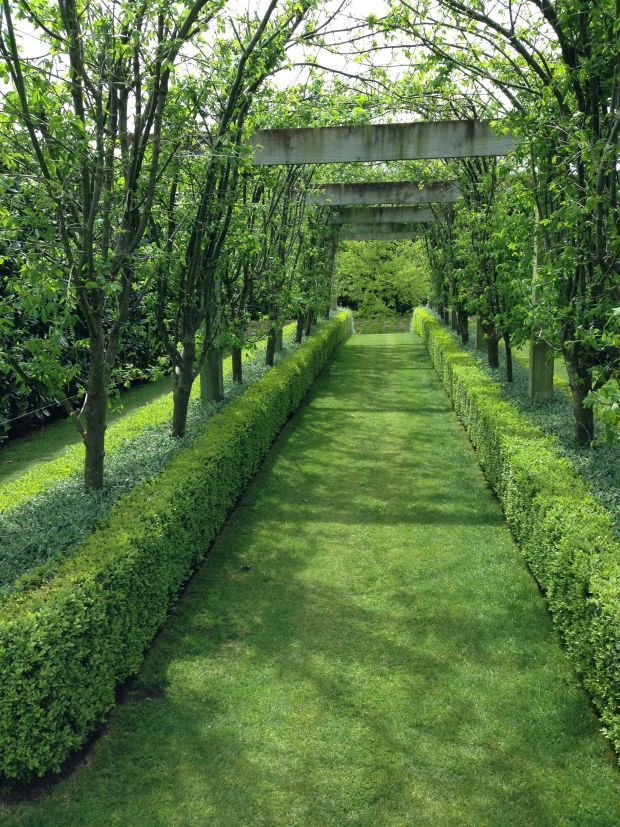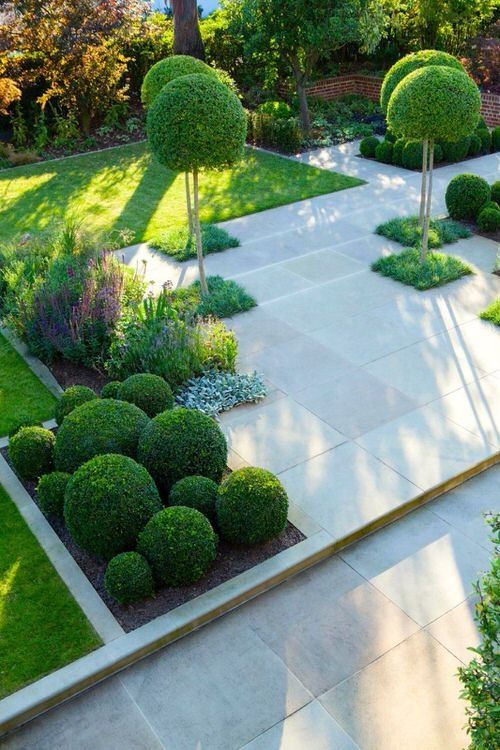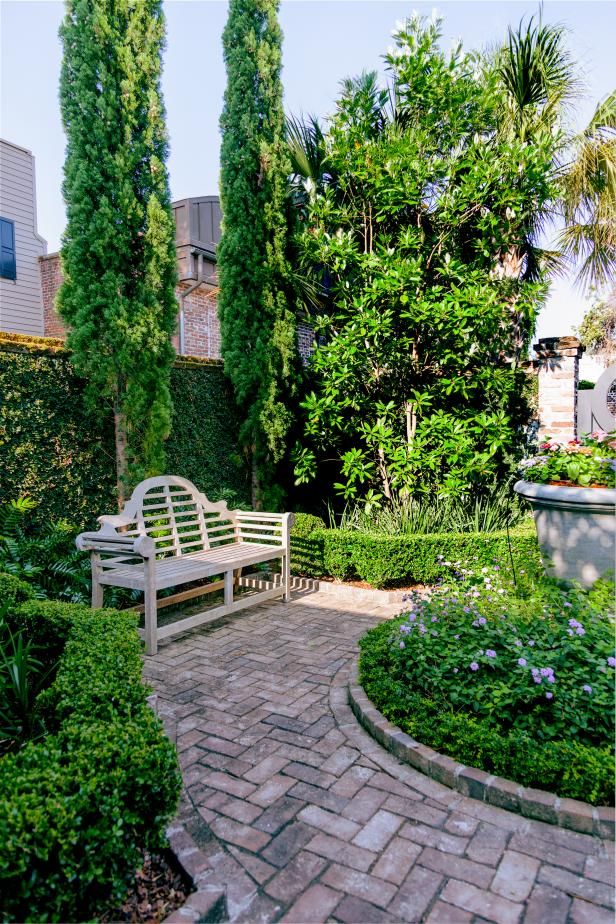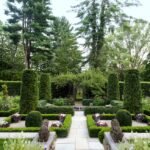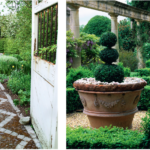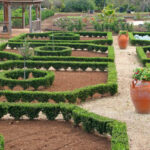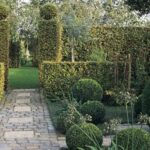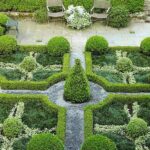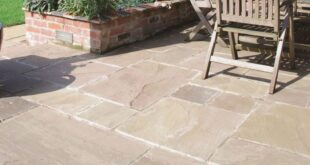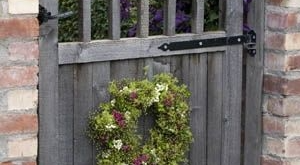Formal garden design is a style of landscaping that has been popular for centuries, known for its structured and symmetrical layouts. These gardens are carefully planned and often feature geometric shapes, orderly rows of plants, and well-defined paths and hedges. The result is a harmonious and elegant outdoor space that exudes a sense of sophistication and grandeur.
One of the key elements of formal garden design is symmetry. This principle is often achieved by mirroring plantings and features on either side of a central axis, creating a sense of balance and order. This symmetry is enhanced by using formal elements such as clipped hedges, topiaries, and neatly trimmed lawns. The result is a visually pleasing and cohesive garden that emanates a sense of tranquility and refinement.
Another defining characteristic of formal garden design is the use of geometric shapes and patterns. Rectangular or circular beds are common, as are pathways that intersect at right angles. These geometric elements help to create a sense of structure and organization within the garden, while also providing a framework for the placement of plants and other features. The result is a garden that feels carefully thought out and meticulously planned.
In formal garden design, plant selection is key to creating the desired look and feel. Many formal gardens feature a limited color palette, with plants chosen for their ability to create a cohesive and polished look. Common plant choices include boxwood, yew, holly, and roses, which can be pruned and shaped to maintain the desired geometric forms. By carefully selecting and placing plants, a formal garden designer can create a harmonious and elegant outdoor space that is both visually striking and easy to maintain.
In addition to plants, formal gardens often include other elements such as fountains, statues, and ornamental urns. These features can add interest and focal points to the garden, as well as reinforce the sense of order and symmetry that defines formal garden design. By incorporating these elements into the overall design, a formal garden can become a truly stunning and memorable outdoor space.
Overall, formal garden design is a timeless and classic style of landscaping that offers a sense of structure, beauty, and sophistication. By carefully planning and implementing key elements such as symmetry, geometric shapes, plant selection, and ornamental features, a formal garden designer can create a stunning outdoor space that is both visually impressive and inviting. Whether you have a small courtyard or a sprawling estate, formal garden design can transform your outdoor space into a place of beauty and elegance.
 yishifashion Where Outdoor Dreams Become Reality
yishifashion Where Outdoor Dreams Become Reality
